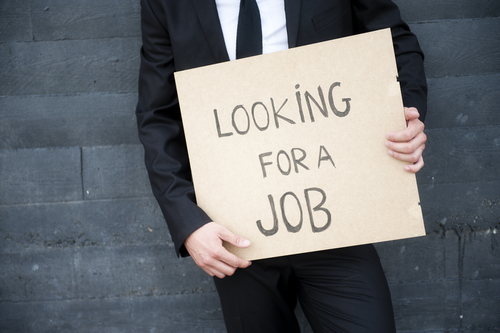

Robots may snatch 30 percent of human jobs in the UK by the early 2030s, according to forecasting by PwC.
As the development of artificial intelligence (AI) and smart technology, PwC predicts that many more manual labour jobs will be shifted from human workers to robots and automated systems.
However, it is not all doom and gloom for around a third of the Britain’s workforce; PwC noted that the rise of the machine will also open up new jobs for humans, such as maintaining the robots.
“Automating more manual and repetitive tasks will eliminate some existing jobs, but could also enable some workers to focus on higher value, more rewarding and creative work, removing the monotony from our day jobs. By boosting productivity – a key UK weakness over the past decade – and so generating wealth, advances in robotics and AI should also create additional jobs in less automatable parts of the economy as this extra wealth is spent or invested.
“The UK employment rate is at its highest level now since comparable records began in 1971, despite all the advances in digital and other labour-saving technologies we have seen since. It is not clear that the future will be radically different from the past in terms of how automation will affect overall UK employment rates.”
The number of jobs in the UK under threat from smart machines is less than the 38 percent in the US and 35 percent in Germany, yet is more than Japan at 21 percent. The latter is likely down to Japan’s early adoption of automation technologies.
The sectors most at risk from losing jobs are predictably in areas where there is a need for significant amounts of manual labour or relatively unskilled work, such as wholesale and retail trades, manufacturing, transportation and construction.
However, areas such as administration and human health and social work also are predicted to have a relatively high risk of disruption from robotic workers, presumably down to the increasing advancement of machine learning systems to spot patterns in data and link them together faster than many humans.
Interestingly jobs with a majority of male workers will be more affected than those with a female majority, reflecting the fact that many manual jobs that could be easily automated have a high proportion of men working in them. As such, there is a strong potential for the rise of automation to have a distinct societal impact.
“In the future, knowledge will be a commodity so we need to shift our thinking on how we skill and upskill future generations. Creative and critical thinking will be highly valued, as will emotional intelligence. It’s impossible to predict what jobs there will even be in the future, so life-long learning and a positive attitude to embracing change needs to be a fundamental aspect of the UK’s future success.
“The government’s digital strategy acknowledges the challenges and is a step in the right direction towards creating the right environment to support UK businesses’ exploration of emerging technology to drive growth,” noted John Andrews, head of technology and investments at PwC.
Legal and regulatory constraints could curtail the overall impact of automation of workforces, yet is not likely to stymie the rise of the machine workforce in the long-term. However, it does give people more time to adjust to the potential changes coming their way and avoid being kicked to the curb by robotic replacements.
It is worth noting that automation and machines taking over from humans in nothing new, and arguably made its presence known around a century ago with the assembly line which heralded in that age of mass production.
However, the pace of development in AI means the impact of automation this time round could hit a lot harder and cause a level of disruption that is hard to accurately predict.
With this in mind there is a solid argument to be had over the level of responsibility the technology industry should have on ensuring the dawn of AI automation does not lead to an overwhelmingly negative impact.
Quiz: Put your knowledge of artificial intelligence to the test!
Ahead of 5 April deadline, Trump is to hold White House meeting over possible investors…
Apple fined 150m euros over App Tracking Transparency feature that it says abuses Apple's market…
OpenAI to release customisable open-weight model in coming months as it faces pressure from open-source…
Samsung's Bespoke AI-powered fridge monitors food to create shopping lists, displays TikTok videos, locates misplaced…
Huawei sees 38 percent jump in consumer revenues as its smartphone comeback continues to gather…
In world-first, China approves commercial flights for EHang autonomous passenger drone, paving way for imminent…